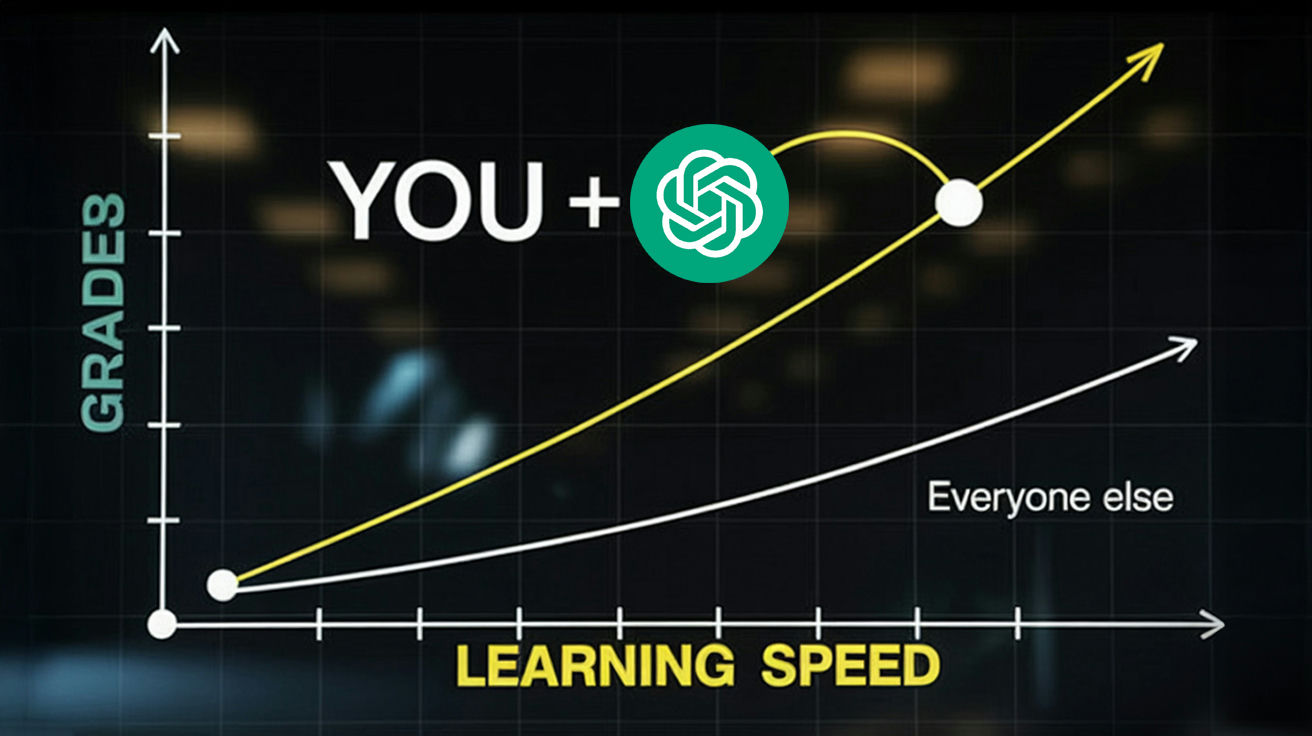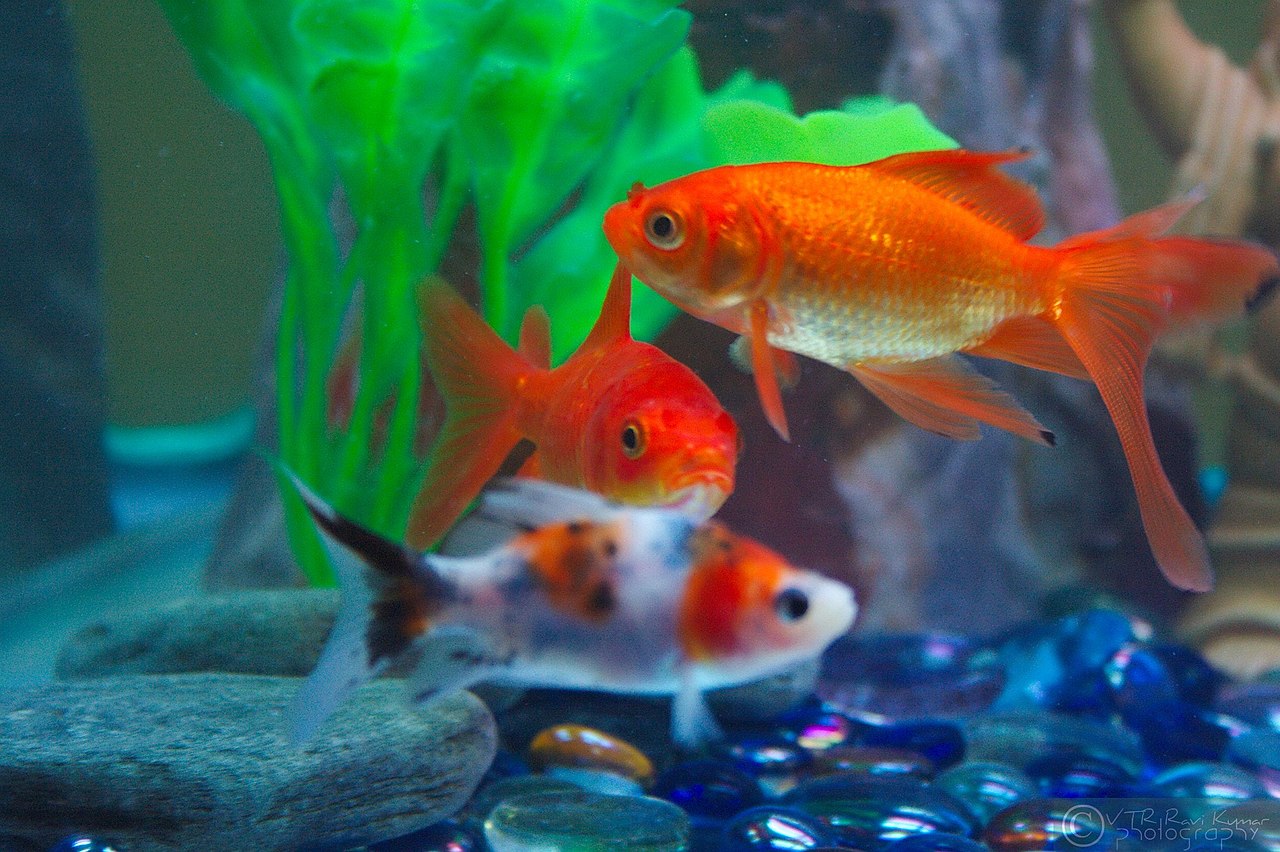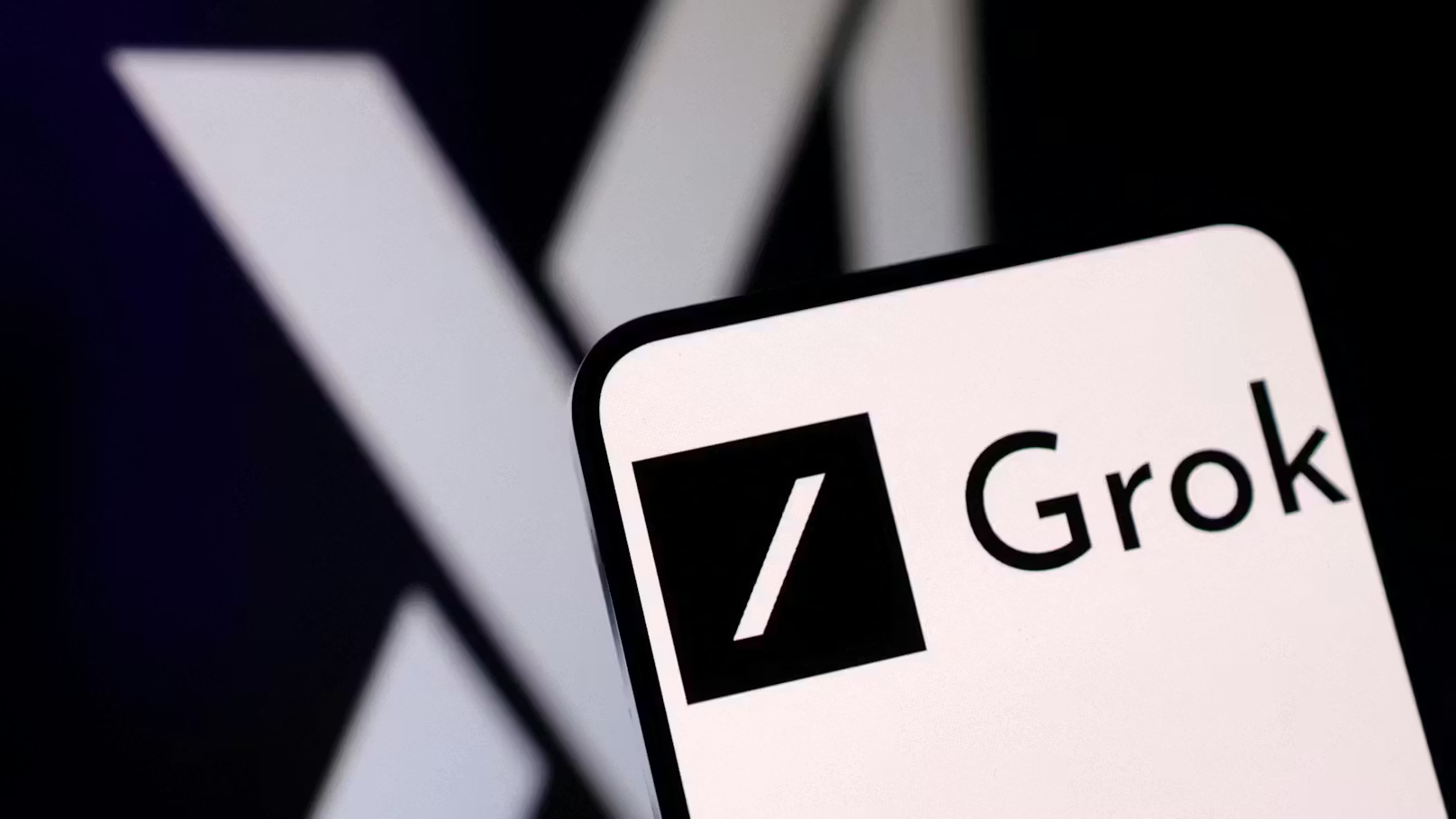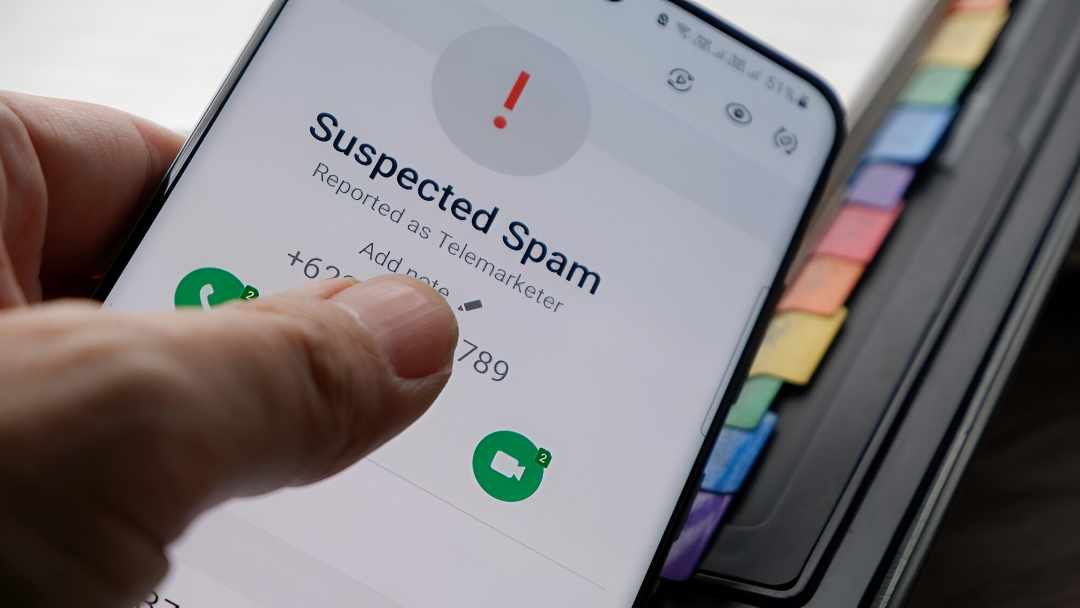Most students use AI like a fancy calculator—plug in homework, get answer, move on. That’s like buying a Ferrari to drive to the mailbox. ChatGPT can supercharge your learning if you know which buttons to push. Skip the academic shortcuts that’ll bite you later. These prompts turn AI into your personal study weapon.
10. Turn Dense Text Into Visual Gold

Visual learners consistently outperform text-only students in comprehension tests—yet you’re still highlighting paragraphs like it’s 1995. ChatGPT generates flowcharts that break down complex concepts into digestible chunks. Ask it to “create a flowchart explaining [topic] with clear connections between concepts.” Biochemistry pathways become roadmaps instead of mazes.
9. Get a Personal Quiz Master That Never Sleeps

Forget flashcards that collect dust. ChatGPT creates custom quizzes tailored to your weak spots and learning style. Try: “Quiz me on [subject] with explanations for each answer—focus on areas where I’m struggling.” It’s like having a tutor who remembers every mistake you’ve made and won’t let you repeat them.
8. Transform YouTube Marathons Into Study Sessions

You’ve watched 90-minute lectures and retained about as much as a leaky bucket. Copy the transcript (click “show transcript” below any video) and paste it into ChatGPT. Ask it to “summarize this into key takeaways and actionable insights.” Boom—hours of content become focused study material in minutes.
7. Make Quantum Physics Sound Like Pool

Complex concepts don’t have to feel like reading hieroglyphics. ChatGPT excels at analogies that make abstract ideas click. Try: “Explain [difficult concept] using simple analogies I can relate to.” Suddenly quantum entanglement makes sense when it’s explained like two synchronized dancers who can’t see each other.
6. Access Expert-Level Tutoring for Free

Private tutors charge premium rates and work limited hours. ChatGPT offers 24/7 expertise across most subjects imaginable. Use specific prompts like “Act as a professional [field] expert and teach me [skill] step-by-step.” As Sal Khan, founder of Khan Academy, notes: “By harnessing AI, every student can have access to a personalized tutor in every subject.” It’s personalized education without the premium price tag or scheduling nightmares.
5. Replace Flaky Study Partners With Reliable AI

Study groups fall apart faster than cheap furniture. ChatGPT never cancels, never shows up unprepared, and never derails sessions with irrelevant tangents. Paste math problems and ask for “step-by-step solutions with explanations of each concept used.” Consistent support beats unreliable humans every time.
4. Generate Infinite Practice Without Killing Trees

Textbook practice problems run out—ChatGPT’s don’t. Ask it to “create 10 practice questions about [topic] in multiple formats: multiple choice, short answer, and essay.” Research shows spaced practice testing improves learning outcomes by up to 14 percentage points compared to cramming. Combining these AI techniques with other science-based study hacks can double your learning efficiency while saving your wallet and the environment.
3. Master Languages Through Real Conversations

Language apps gamify learning but skip actual conversation practice. ChatGPT offers unlimited dialogue partners in dozens of languages. Try: “Let’s have a conversation in [language] about [topic]—correct my mistakes and suggest improvements.” It’s like having a patient native speaker who won’t judge your accent.
2. Transform Notes From Static to Dynamic

Your notes are probably boring walls of text that put you to sleep during review. ChatGPT can expand brief notes into detailed explanations or compress lengthy passages into essential points. Use: “Expand these notes with context and examples” or “Summarize this chapter into key takeaways.” Knowledge becomes interactive, not passive.
1. Use AI Without Becoming Academically Helpless

Here’s the uncomfortable truth: AI can make you smarter or lazier—the choice is yours. Never copy-paste responses directly. Always fact-check outputs because ChatGPT can confidently deliver wrong answers about everything from historical dates to scientific formulas. When used correctly, AI joins other groundbreaking technologies that can transform how we learn and work, but only if we use them wisely.




























